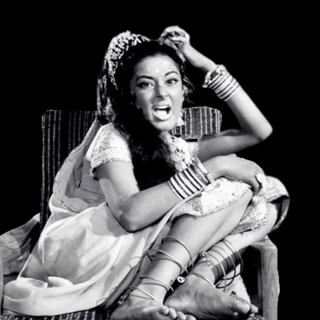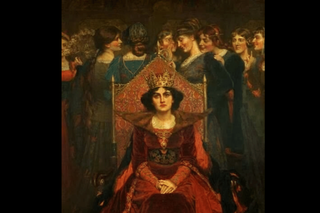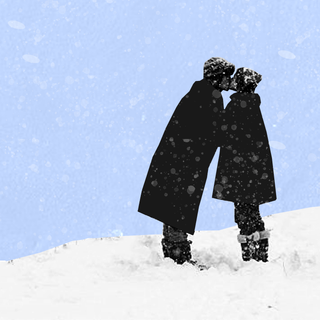
It’s Okay: To Not Enjoy Celebrations
The pressure can make big days emotionally taxing.

In It’s Okay, we defend our most embarrassing, unpopular opinions.
In a utopian world, birthdays would be perfect. Plans would always shape out the way you want, long-lost friends or forgotten romances would remember you with love, the perfect gifts would come your way, and you’d feel the right amount of special. Why stop at birthdays? Every important day, be it an anniversary, a festival, New Year’s — each celebration would inspire enough cheer to get you through the year.
At least, that’s what pop culture will have us believe. Think of the unabating ads or movies about families getting together for big rituals, dressed in gorgeous outfits, wearing smiles, exchanging formalities. ‘Tis the season. * blows raspberries *
What becomes of people like us who find it emotionally draining to engage with events, friends and strangers, and the whole shebang? Some can’t put on a smiley face if you paid them to.
It all starts with the pressure of doing something. It doesn’t matter if it’s with the people you like, in the way you want. But don’t birthdays will always disappoint? Or that there’s no such thing as a perfect New Year’s party? The pressure can spiral into anxiety and fear, taking a toll on mental health. There’s a reason “holiday blues” are a thing; the added expectation of socializing with people tends to make people feel lonelier. According to a study, 83% of participants felt let down by their plans for December 31 — they thought they would have a better time.
There is also a huge optimism bias at play. “… [it is] the mistaken belief that our chances of experiencing positive events are higher and chances of experiencing undesirable events are lower… we tend to overestimate the likelihood of experiencing positive or pleasant events,” Harappa Education noted. People are naturally inclined to desire positive, happier outcomes, making them more vulnerable to being disappointed.
This illusion of happiness is also magnified on social media. The perfect Instagram story pieces together the ideal celebration — a template of vivid colors, people smiling ear to ear. This spirals into an over-celebration of life events; where people have “more and more public festivities for milestones that used to be privately celebrated,” Carly Gieseler, a communications professor at the City University of New York, argued in The Atlantic. Think wedding receptions, divorce parties, gender reveals.
Related on The Swaddle:
Why We Expect So Much of Each New Year — and Every January Feels Like a Letdown
It’s like a cycle of disappointment: the more celebrations there are, the higher the expectation of happiness, the more let down they might be.
It doesn’t help matters that the pressure to be happy compounds this feeling of stress and anxiety. “We tend to associate birthdays with celebrations and positive experiences, and that may not be the case for everyone,” Dr. Ernesto Lira de la Rosa, a clinical psychologist, told Verywell Mind. There is a hint of toxic positivity. “Some people may feel guilty for feeling this way when loved ones or friends want to celebrate and plan festivities, when the birthday person may just want to avoid these kinds of celebrations.”
My biggest grouse with the hype is that it sticks to a narrow idea of happiness. There is no big cloud of joy that bursts on people when there is a big day; celebrating things doesn’t always guarantee fun.
More and more people have attested to feeling “birthday depression,” for instance. If someone has experienced trauma in their lives, they may experience their birthday or other celebrations as a trigger, depending on the context.
Plus, celebrations come with a huge weight of achievement — of having done something substantial to “deserve” that joy. In the days leading up to a birthday or a festival, one is almost forced to wonder how much, or how little, their life changed in the last year. “Others may reflect on their lives and may not feel they are where they wanted to be by that specific age,” Dr. Lira de la Rosa added. Instead of being forced to feel excited, it’s okay to sit with the sadness for some time.
I’m all for celebrating people the way they would like it. Some may find it best to do nothing or do things alone. There is wisdom in reassessing this strict expectation of engaging in revelry.
So, it’s okay to let out a grunt — especially on those big days when everyone wants you to be the life of the party.
Saumya Kalia is an Associate Editor at The Swaddle. Her journalism and writing explore issues of social justice, digital sub-cultures, media ecosystem, literature, and memory as they cut across socio-cultural periods. You can reach her at @Saumya_Kalia.
Related


Why We Look for Love in the Winter
